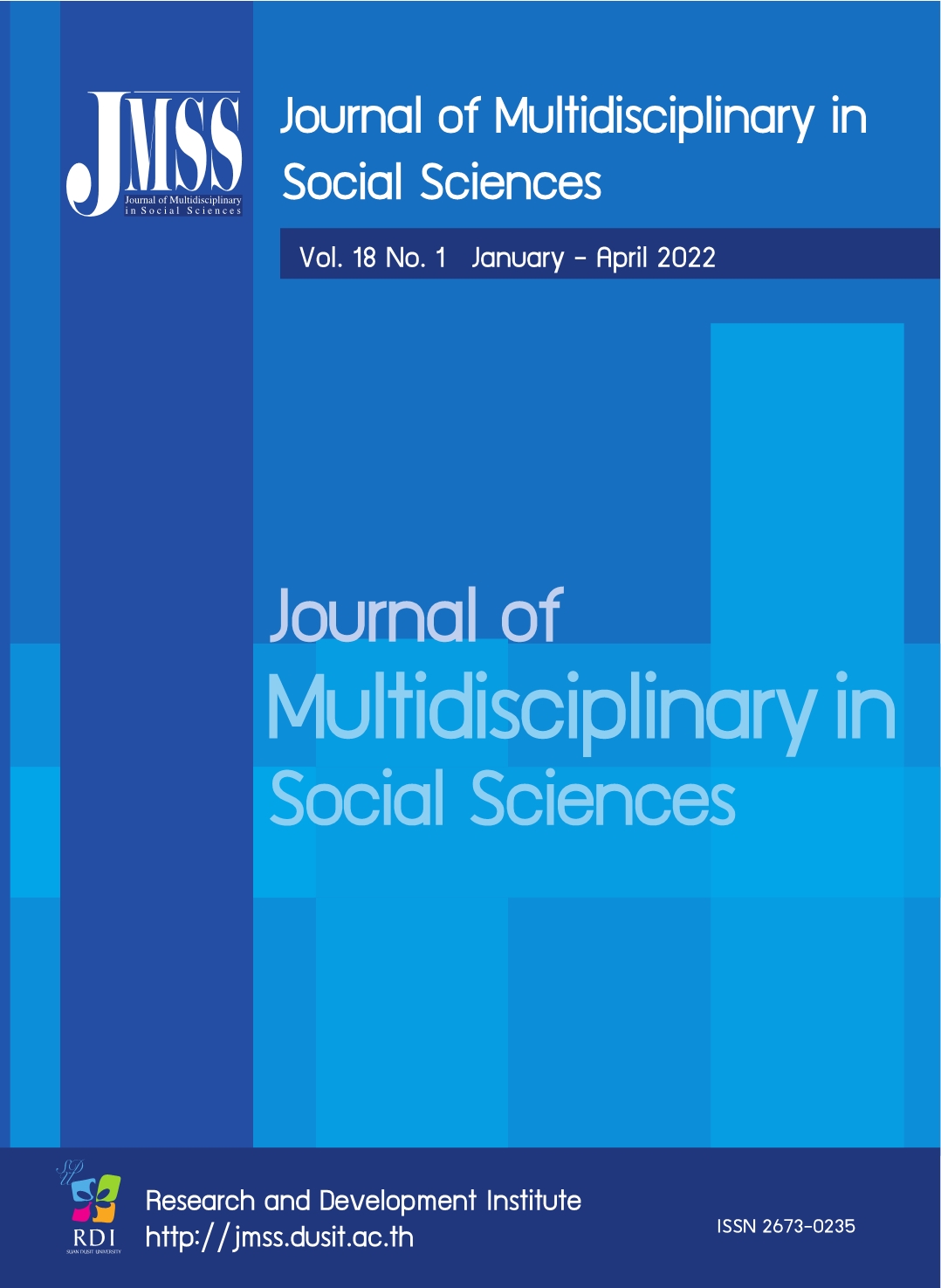The Relationship between Innovation and Entrepreneurship Education Model with the Spirits of Shanxi Merchants: A Study at Higher Vocational Colleges in Shanxi Province, China
Keywords:
Innovation and entrepreneurship education, Jin merchant spirit, Scale development, Vocational collegeAbstract
This study focuses on the relationship between innovation and entrepreneurship education model in inland universities in China and the Jin Merchants’ spirit. The method of qualitative and quantitative research is mainly adopted. The research targets and samples are vocational college students in Shanxi Province, China. After experts' selection and determination of the survey content, data were collected through online questionnaire system. In fact, 446 people took part in the survey. Through this demonstration, a dimensional scale was developed to measure the daily and professional education of innovation and entrepreneurship in higher vocational colleges in China. On this basis, it is proved that innovation and entrepreneurship education model plays a positive role in promoting the spirit inheritance of Shanxi Merchants. On the one hand, there is a close connection between the daily education of innovation and entrepreneurship and professional education. On the other hand, the correlation between daily education of innovation and entrepreneurship and Jin Merchants’ spirit is higher than that between professional education of innovation and entrepreneurship and Jin Merchants’ spirit. Therefore, it can be concluded that the inheritance and influence of the Spirit of Shanxi Merchants can be more easily realized in the daily innovation and entrepreneurship education.
References
Aoyama, Y. (2009). Entrepreneurship and regional culture: The case of Hamamatsu and Kyoto, Japan. Regional Studies, 43(3), 495-512.
Brancu, L., Munteanu, V., & Gligor, D. (2012). Study on student's motivations for entrepreneurship in Romania. Procedia-social and behavioral Sciences, 62, 223-231.
Cheng, W. M. (2017). A study on College Identification of Contemporary College Students with Fine Chinese Traditional Culture. Wuhan, Hubei: Wuhan University,
Cheng, F. (2019). On the cultural connotation of Shanxi merchants. Legal System and Society, 24, 245-246.
Farkas, G., Grobe, R. P., Sheehan, D., & Shuan, Y. (1990). Cultural resources and school success: Gender, ethnicity, and poverty groups within an urban school district. American sociological review, 127-142.
Han, X. M. (2020). Study on the Integration of the Spirit of Jin Merchants into the Ideological and Political Education of College Students. Dalian, Liaoning: Liaoning Normal University.
Li Keqiang Urges Shanxi to Dig two 'Rich Mines'. (2016). 李克强鼓励山西要开掘好两座“富矿”. Retrieved March 1, 2022 from http://www.gov.cn/guowuyuan/2016-01/04/content_5030508.htm
Li, N. N., Shi, Y. Y., & Li, X. Q. (2013). The Spirit of Shanxi Merchants and the Education of Starting Enterprises for College Students. Journal of Shanxi Radio & TV University, 3, 91-93.
Liu, K. Q. (2016). The Impact and Enlightenment of the Shanxi Merchant Spirit on China’s Construction of Socialist Market Economy. Theory and Practice of Education, 36(21), 39-41.
Niyomsilp, E., & Sompong, S. (2019). Quality standard supervision of higher education institutions by Office of the Higher Education Commission. Journal of MCU Social Science Review, 8, 154-165.
Pan, Y. T. (2018). Entrepreneurship Education in Chinese Universities from the Cultural Perspective: History, Problems and Paths of Realization. Nanjing, Jiangsu: Southeast University.
Shang, L. Q., & Wang, Z. Q. (2019). Inheritance and Promotion of Shanxi Merchants' Spirit of "Entrepreneurship and Innovation" in Ming and Qing Dynasties from the Perspective of Cultural Philosophy. Social Science Journal of Universities in Shanxi, 3(4), 97-101.
Shu, X. (2011). Research on Entrepreneurship Education System Construction of College Students. Chongqing: Chongqing Jiaotong University.
Smith, M. J. (2005). Culture: Remaking the social sciences. Liaoning: Publishing
House. Su, J. (2019). Enlightenment of Shanxi Businessmen’s Entrepreneurship in Ming and Qing Dynasties on Innovation and Entrepreneurship Education in Higher Vocational Colleges. Journal of Shanxi Institute of Economic Management, 27(3), 111-114.
Xue, Y. M. (2013). To the Depth of Jin Merchant Culture - Contemporary Exposition of Jin Merchant ethics. Beijing: People's Publishing House. Yamane, T. (1967). Statistics, an introductory analysis, second ed. Harper & Row, New York.
Yang, H. E., & Yuan, M. S. (2008). Inheriting the spirit of Jin Merchants, highlighting the characteristics of running schools, cultivating business talents. China Higher Education, 7, 32-33.
Yang, J. P., & Cheng, Y. (2018). An introduction to the Culture of Jin Merchants. Beijing: Capital University of Economics and Business Press.
Yang, Y. (2015). Research on the Social Effect of Soft Power of Culture in Contemporary China. Nanjing: Nanjing University of Aeronautics and Astronautics.
Zhang, X. Y., & Xu, Y. H. (2019). Discussion on the Way of Integrating Shanxi Business Culture into Innovation and Entrepreneurship Education. Pioneering with Science & Technology Monthly, 32(7), 151-153.
Zhang, Y. L. (2020). Research on the Construction of Innovation and Entrepreneurship Education Curriculum in Higher Vocational Colleges in Shanxi Province. Taiyuan, Shanxi: Shanxi University.
Zhang, Y., He, B. W., & Chen, J. (2018). Countermeasures to Strengthen Innovation and Entrepreneurship Education in Colleges and Universities - from the Perspective of Chinese Traditional Culture. Theory Research, 12, 198-200.
Downloads
Published
How to Cite
Issue
Section
License

This work is licensed under a Creative Commons Attribution-NonCommercial-NoDerivatives 4.0 International License.








